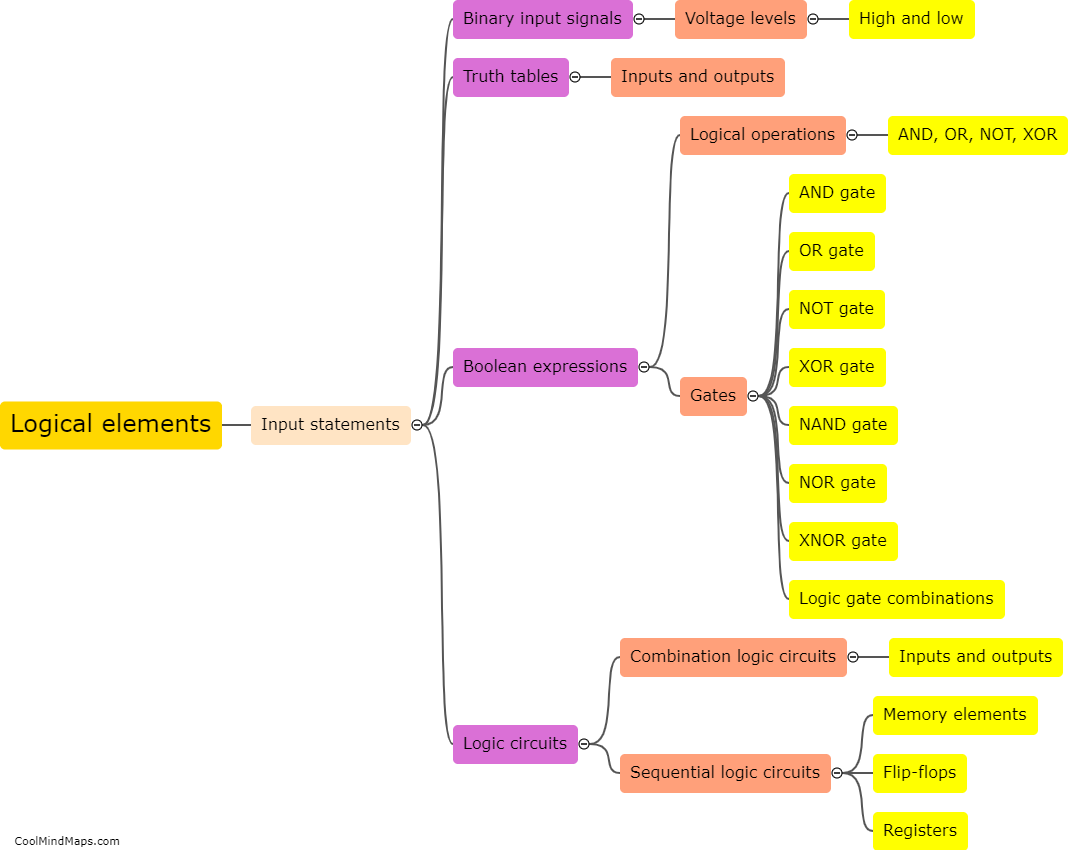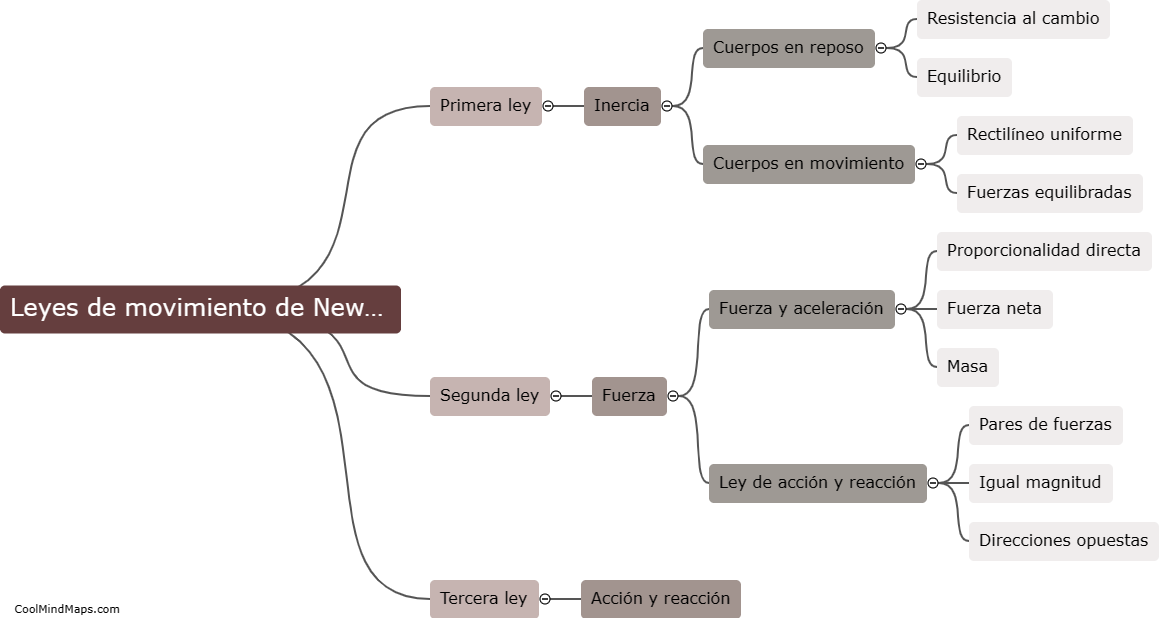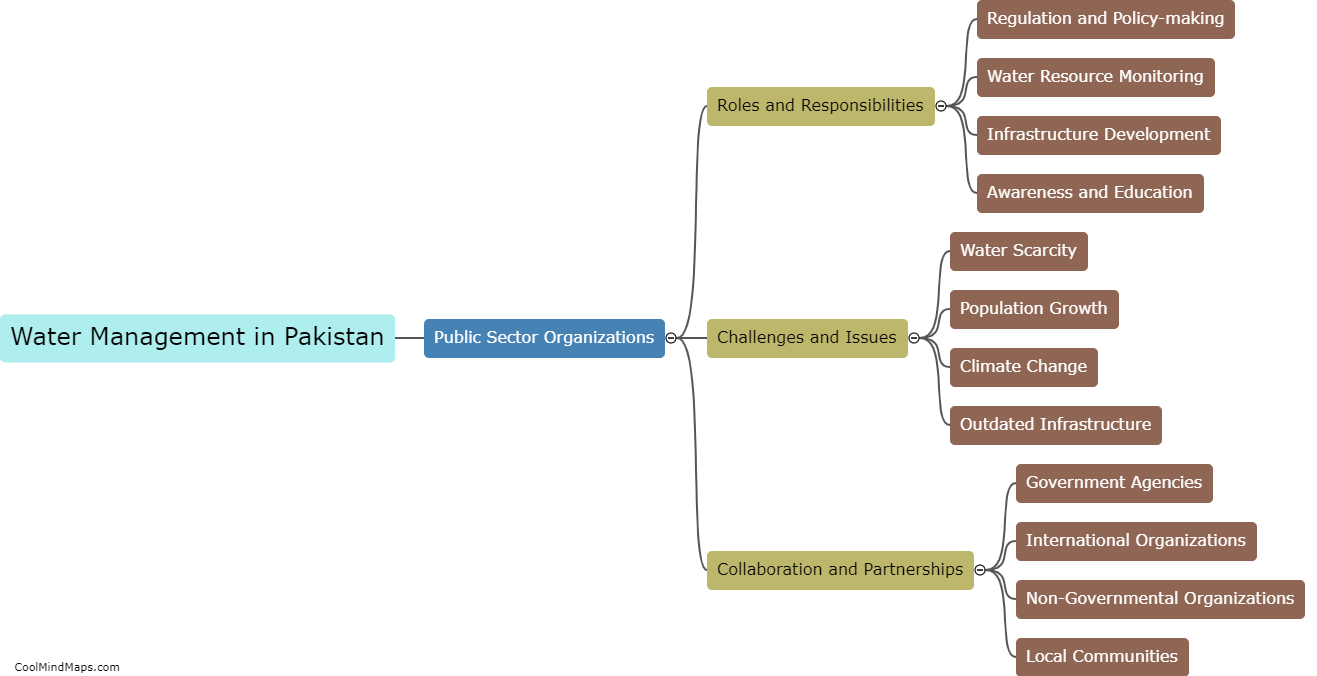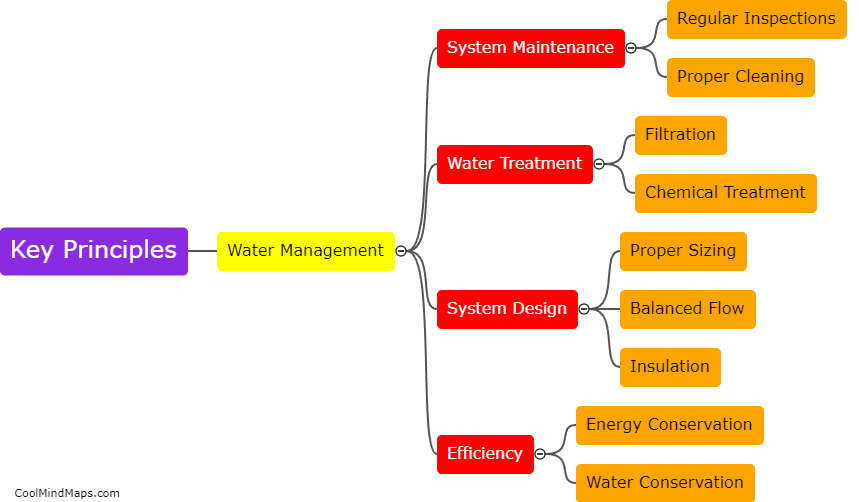What are the key stakeholders involved in water management?
The key stakeholders involved in water management include government agencies, non-governmental organizations (NGOs), water utilities, local communities, industries, and farmers. Government agencies play a vital role in establishing regulations, policies, and strategies to govern water resources and ensure equitable access and sustainable use. NGOs contribute by raising awareness, advocating for sustainable water practices, and supporting community-based initiatives. Water utilities, such as water boards or companies, are responsible for the management and distribution of water resources to consumers. Local communities, especially those living near water sources, have a vested interest as they rely on water for their livelihoods and daily needs. Industries depend on water for their operations and are accountable for sustainable water usage. Finally, farmers play a significant role as they utilize water for crop irrigation, and their practices can impact water quality and availability. Cooperation and collaboration among these stakeholders are essential to achieve effective and sustainable water management.

This mind map was published on 27 November 2023 and has been viewed 44 times.











